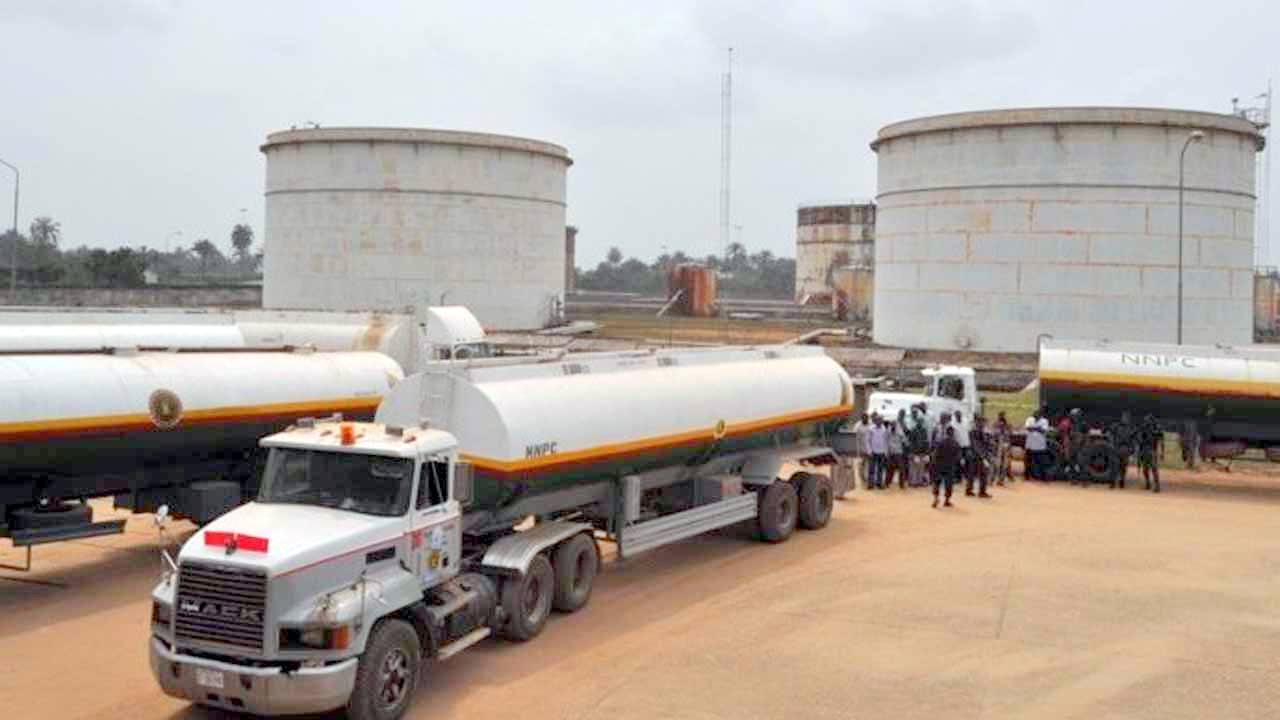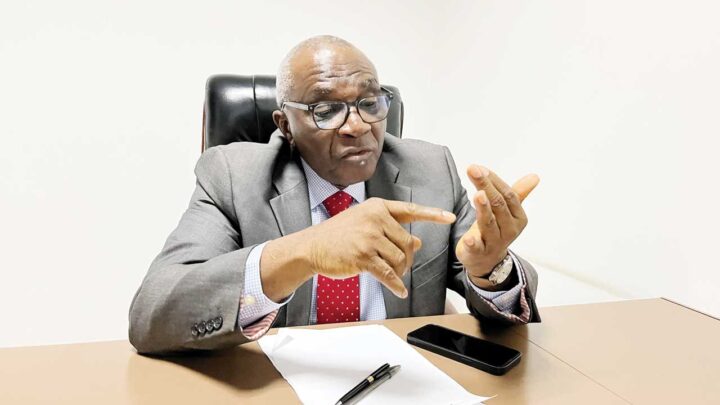Here are the seven top business stories you need to track this week — February 19 to February 24.
FUEL SCARCITY LOOMS AS NARTO DIRECTS TANKER DRIVERS TO WITHDRAW OPERATIONS
The Nigerian Association of Road Transport Owners (NARTO) says it has directed all its members to withdraw their petroleum trucks from product-loading activities from Monday, February 19, 2024.
The association had recently asked oil marketers to review freight rates.
Advertisement
In a letter dated February 15, 2024, addressed to the Nigeria Union of Petroleum and Natural Gas Workers (NUPENG), NARTO said it can no longer continue with operations due to the state of the economy.
The association said several efforts made to get the freight rates for their operations reviewed have had no positive results.
‘INSUFFICIENT ALLOCATION FROM GENCOS AFFECTING ELECTRICITY SUPPLY’
Advertisement
Electricity distribution companies (DisCos) have attributed the current shortfall in power supply to insufficient power allocation from generation firms (GenCos).
The DisCos disclosed this in separate statements shared on their social media pages.
In a statement on Friday, Abuja Electricity Distribution Company (AEDC) said due to the low power allocation, it has been constrained to manage the issue throughout its franchise by implementing load curtailment directives.
The DisCo also said it has been constrained to manage the issue throughout its franchise by implementing load curtailment directives.
Advertisement
NIGERIA’S CAPITAL IMPORTATION FELL TO $3.91BN IN 2023
The National Bureau of Statistics (NBS) said there was a significant decline in the country’s capital importation in 2023.
Amid gruelling foreign exchange woes, the NBS said Nigeria only attracted a meagre $3.91 billion in foreign capital inflow last year — the lowest since 2007.
Meanwhile, inflation reached 29.9 percent in January 2024 — up from 28.9 ppercent in the previous month.
Advertisement
CBN PLACES LIMIT ON IOCs TRANSFER
The Central Bank of Nigeria (CBN) has placed limits on the transfer of proceeds from crude exports by international oil companies (IOCs) to offshore parent company accounts.
Advertisement
Hassan Mahmud, CBN’s director of the trade and exchange department, said the transfer of funds by the IOCs has an impact on liquidity in the domestic foreign exchange (FX) market.
The regulator said commercial banks can only transfer 50 percent of repatriated export proceeds, on behalf of the IOCs, to their parent companies’ offshore accounts — with the remaining 50 percent repatriated after 90 days.
Advertisement
The CBN revised the allowable limit from 2.5 percent to 15 percent price deviation for exports and imports.
Also, the apex bank said payment of personal travel allowance (PTA) and business travel allowance (BTA) in cash is no longer permitted.
Advertisement
POSTULATIONS AFFECTING FX MARKET… NOT EVERYONE IS AN EXPERT
On February 15, 2024, President Bola Tinubu said Nigerians should allow those assigned to manage Nigeria’s FX system to perform their duties.
Tinubu, during an emergency meeting at the state house, Abuja, said everyone cannot be an expert, stressing that postulations on the fluctuation of FX rates are adversely affecting the market.
According to Tinubu, if those appointed to manage the country’s FX market fail, they will be removed from the system.
‘IT IS DIFFICULT TO SUSTAIN ELECTRICITY SUBSIDY’
Adebayo Adelabu, minister of power, says it is difficult for the federal government to continue to subsidise electricity.
The minister also said Nigeria’s debt to generation and gas companies is now N3 trillion.
He said the country must begin to move towards a cost-effective tariff model, as it currently owes N1.3 trillion to generating companies (GenCos) and $1.3 billion to gas companies.
Adelabu said only N450 billion was budgeted for subsidy this year but the ministry needs over N2 trillion.
‘NIGERIA NOW PRODUCES 1.8MN BARRELS’
Nuhu Ribadu, the national security adviser (NSA), says the country is now producing 1.8 million barrels of crude oil per day — up from about 900,000 barrels.
Ribadu said this on Tuesday when he appeared before the senate, alongside the service chiefs and other security heads to discuss the country’s security challenges, a source had said.
The NSA said the increase in the production of crude oil was a result of “kinetic and non-kinetic operations”.
Add a comment






